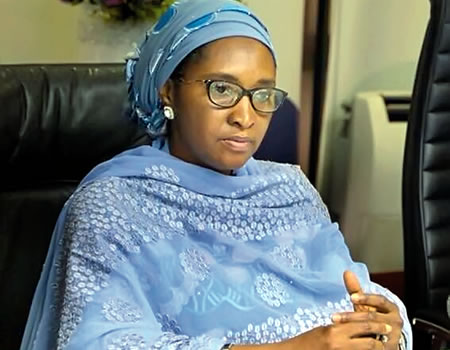The Federal Government on Wednesday flagged off the distribution and activation of debit cards to poor citizens in Oyo State in furtherance of its sustained drive to reduce poverty level in the country.
The initiative, which is under the Conditional Cash Transfer Programme, is designed to ease the socio-economic burdens of the poor, especially for the poorest of the poor in the society.
Available data on the programme indicates that in Oyo State, there are 16,461 beneficiaries drawn from 458 political wards across 1,885 communities, who get N5,000 monthly.
Speaking during the monitoring of the exercise in some local government areas of the state, Head of the Oyo State Cash Transfer Unit, Mr. Oladipo Ezekiel, expressed optimism that the programme would improve “household dietary consumption and assist the vulnerable from falling further into poverty.”
According to him, the intervention will also build resilience to withstand shocks and risks while improving human capital development.
He also disclosed that government migrated from the old manual payment to digitization as a strategic step towards easing the stress many beneficiaries encountered in the past and also to reduce the risks posed by robbers to the process and the beneficiaries.
Ezekiel advised the beneficiaries to always protect their debit cards which, he said, they could also use the monthly stipends to join thrift groups in their communities so that they can start small businesses of their own in the medium or long terms.
The National Cash Transfer Programme (NCTP), also known as Household Uplifting Programme (HUP), is one of the Federal Government’s social safety nets programmes.
The NCTP, which was conceived as part of the Federal Government of Nigeria’s (FGN) larger growth and social inclusion strategies, is aimed at addressing key social concerns in the country, was flagged off in September 2016.
The NCTP is a component of National Social Safety Nets Project (NASSP), which is supported by the World Bank, to provide financial support to targeted poor and vulnerable Nigerian households.






